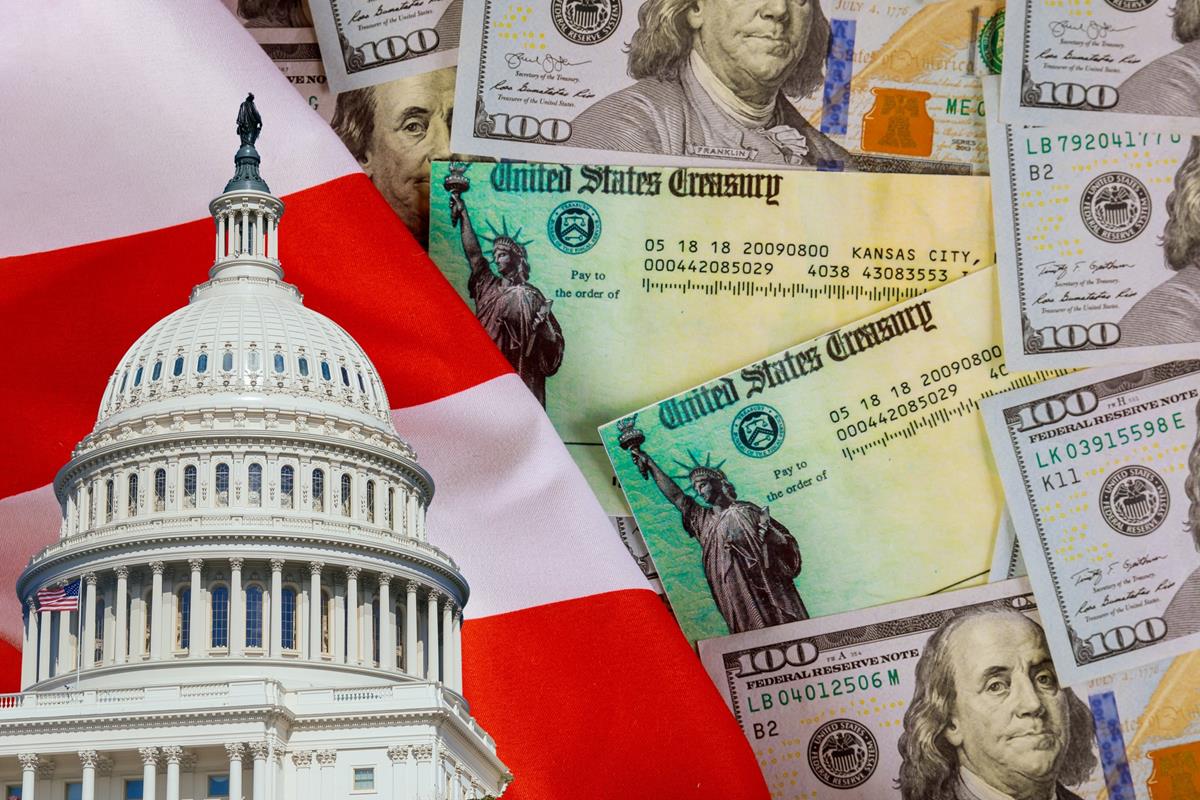COVID-19 Response: Tax Update - PPP Flexibility Act Decouples Loan Forgiveness and Deferral of Federal Payroll Taxes

Washington, D.C. (June 5, 2020) - Signed into law by President Trump on June 5, 2020, the Payroll Protection Program Flexibility Act (HR 7010) increases the benefits of Payroll Protection Program (PPP) loans both prospectively and for persons who have already borrowed.
On June 4, 2020, we highlighted all the ways in which the act renders PPP loans more flexible. See “COVID-19 Response Team Client Alert, New Legislation Adds Flexibility to PPP Loan Program."
Now, we highlight how this legislation significantly enhances a particular tax aspect of PPP loans.
The act eliminates an unattractive choice the CARES Act had required borrowers of PPP loans to make between having a loan forgiven and deferring certain federal payroll taxes.
Ability to Defer Paying Some Federal Employment Taxes Under CARES Act and Relationship to PPP Forgiveness
Section 2302 of the CARES Act allows an employer of any size to defer paying certain federal employment taxes for 2020. Instead of being paid quarterly as normally required, some FICA (Social Security) taxes for periods from March 27 through December 31, 2020 may be deferred. Deferred amounts instead must be paid: 50% by December 31, 2021, and 50% by December 31, 2022.
Employers may defer the OASDI (Old-Age, Survivors, and Disability Insurance) employer share of FICA (6.2% of wages) but not the “Hospital Insurance” portion (1.45% of wages). No part of an employee's FICA taxes may be deferred. Self-employed individuals may defer 50% of tax on self-employment income (50% of 12.4%, or 6.2%).
Under the CARES Act, however, this ability to defer payroll taxes did not apply to any taxpayer that has had a PPP loan forgiven. The IRS interpreted this limitation as enabling a borrower of a PPP loan to start deferring taxes but having to stop deferring them upon receiving the lender’s decision to forgive the loan.
Unattractive Choice Eliminated Retroactively
The act removes the CARES Act’s prohibition against deferring payroll taxes if a PPP loan is forgiven.
This change applies retroactively as though the CARES Act had never imposed the restriction. Consequently, borrowers no longer need choose between the benefits of having a PPP loan forgiven and the tax benefits of deferring federal employment taxes.
- New borrowers can defer payroll taxes whether or not their PPP loan is eventually forgiven.
- Previous borrowers apparently can start deferring payroll taxes whether or not their PPP loan has been forgiven or is eventually forgiven. Whether previous borrowers retroactively can defer payroll taxes (possibly through some mechanism of crediting previously paid taxes) seems a question the IRS should address.
For more information on these changes, contact the author of this alert. To stay up to date, subscribe to receive future alerts, and visit our COVID-19 Response Resource Center to find previous alerts on a variety of legal areas impacted by the pandemic.
Author:
John J. Heber, Partner